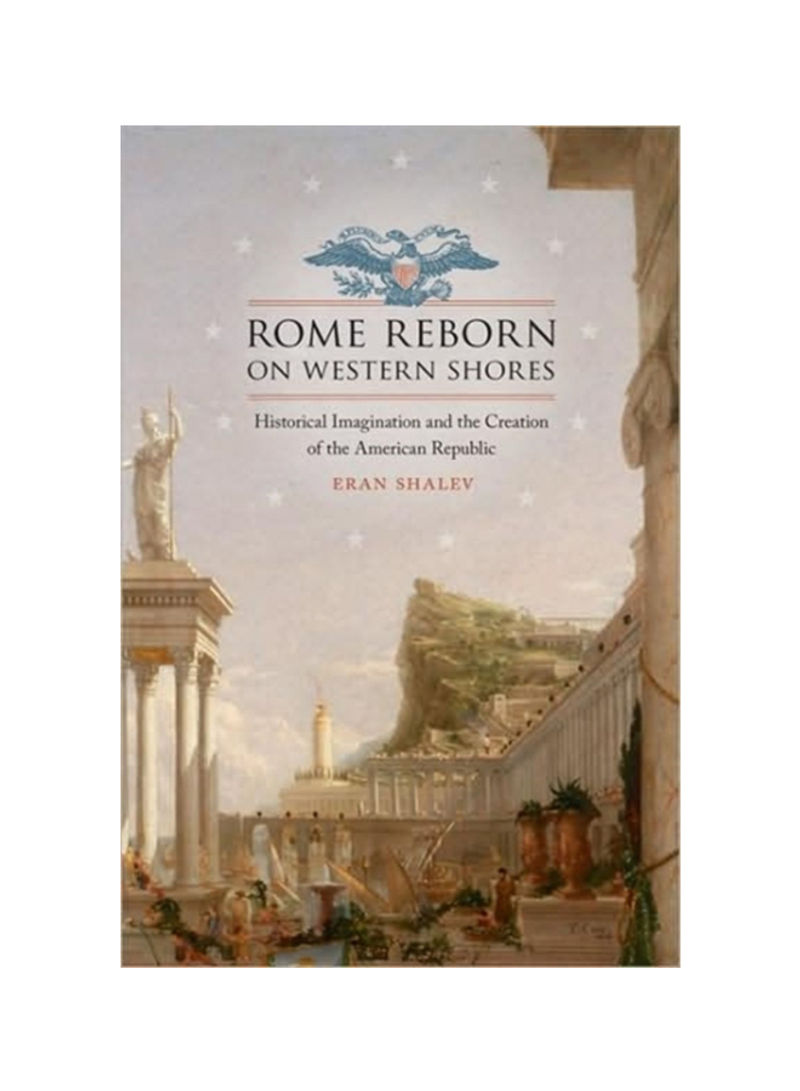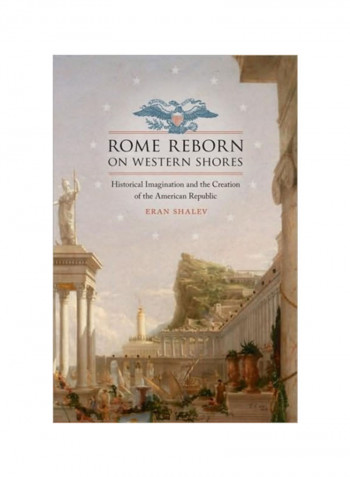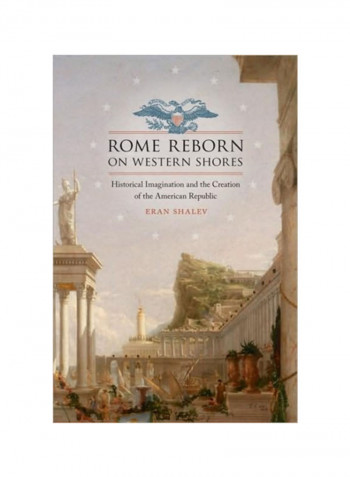Rome Reborn On Western Shores: Historical Imagination And The Creation Of The American Republic Hardcover
Recommend
Sort by
Rating
Date
Specifications
Grade
New
Author 1
Eran Shalev
Book Description
Rome Reborn on Western Shores examines the literature of the Revolutionary era to explore the ways in which American patriots employed the classics and to assess antiquity's importance to the early political culture of the United States. Where other writers have concentrated on political theory and ideology, Shalev demonstrates that classical discourse constituted a distinct mode of historical thought during the era, tracing the role of the classics from roughly 1760 to 1800 and beyond. His analysis shows how the classics provided a critical perspective on the management of the British Empire, a common fund of legitimizing images and organizing assumptions during the revolutionary conflict, a medium for political discourse in the process of state construction between 1776 and 1787, and a usable past once the Revolution was over. ""Rome Reborn"" examines the extent to which classical antiquity, especially Rome, molded understandings of history, politics, and time, even as the experience of the Revolution reshaped patriots' understanding of the classics. The book studies the historical sensibilities that enabled revolutionaries to imagine themselves continuing a historical process that originated with classical Greece and Rome. In particular, their attitudes toward, and understandings of, time provided revolutionaries with a distinct historical consciousness that connected the classical past to the revolutionary present and shaped their expectations about America's future.
ISBN-13
9780813928333
Language
English
Publisher
University Of Virginia Press
Publication Date
15-Dec-09
Number of Pages
320
About the Author
Eran Shalev is Assistant Professor in the Department of History at Haifa University in Israel.
Editorial Review
With impressive detail and great clarity, Eran Shalev shows that the Roman example was far more than a means of posturing for American Revolutionaries. The ancient culture spoke to their core values. In addressing personal honor, social authority, and political community, this book makes a strong contribution to intellectual history. - Andrew Burstein, Louisiana State University



